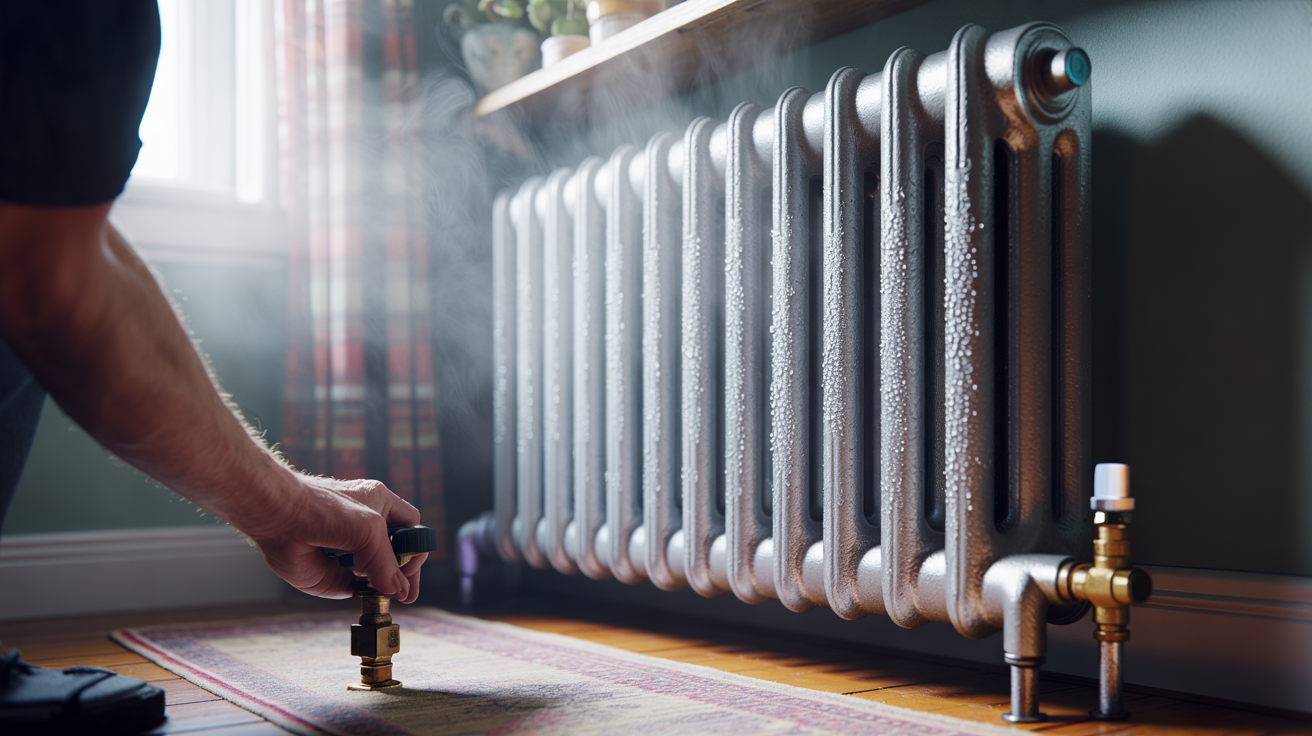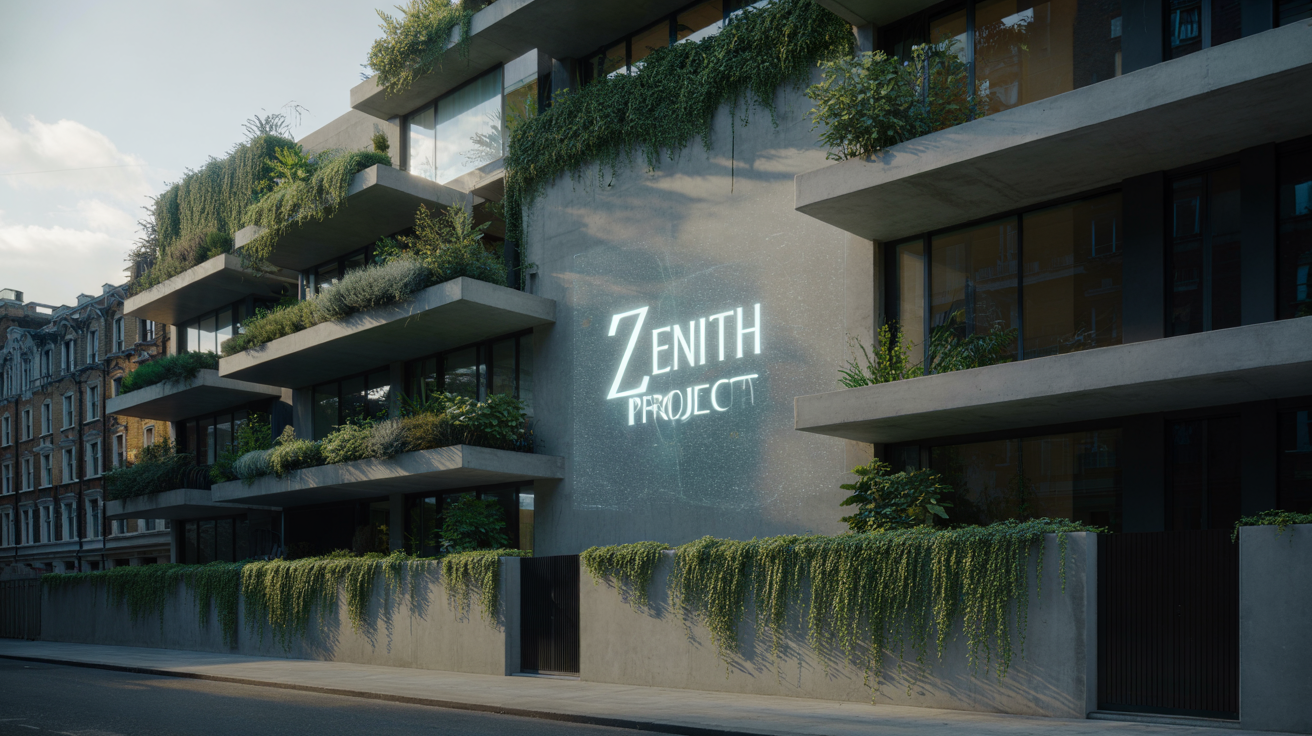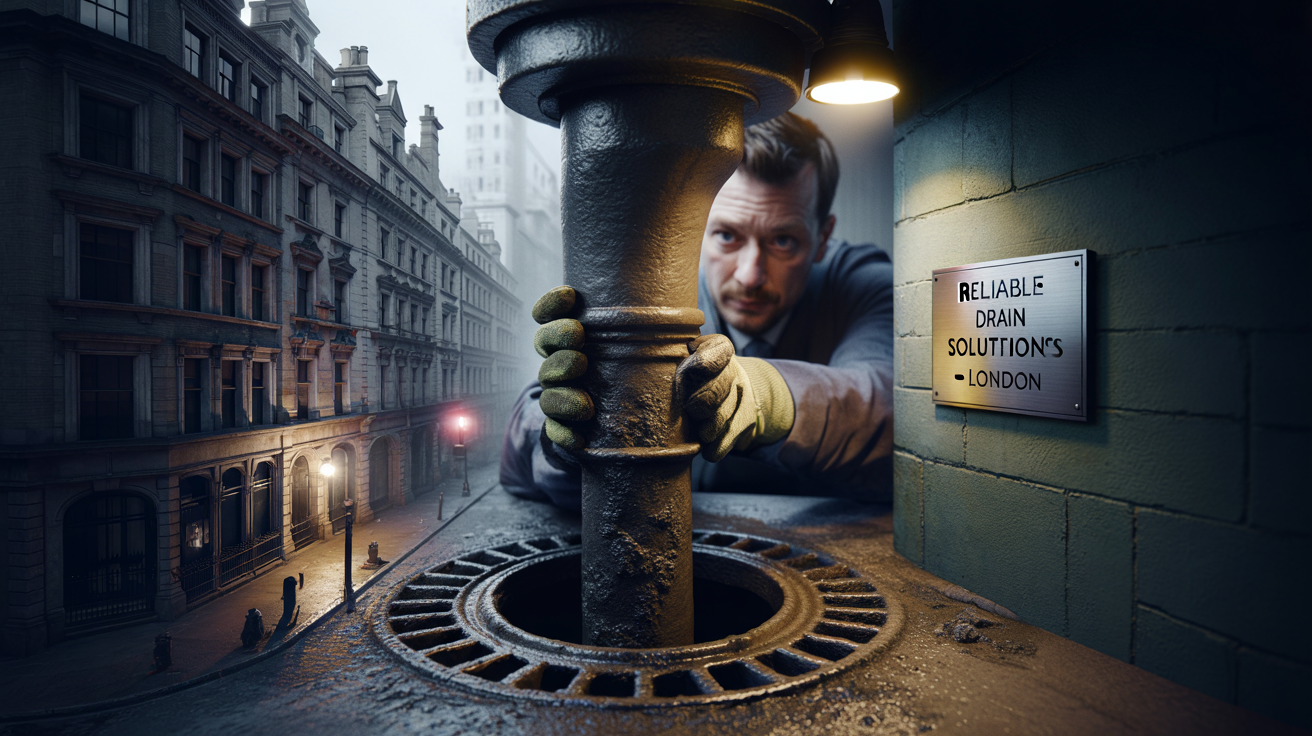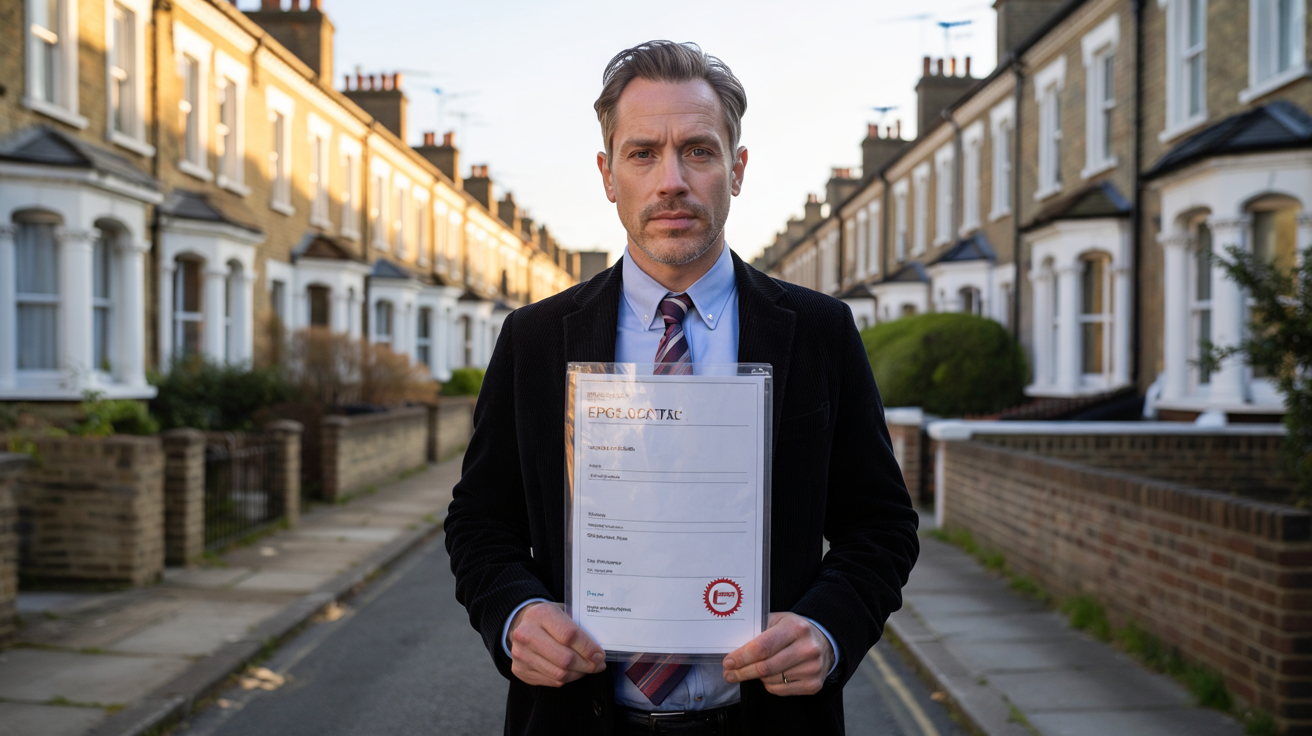Maintaining and enhancing property value is a priority for landlords and homeowners alike. One often overlooked avenue to achieve this is through compliance with an Electrical Installation Condition Report (EICR). By ensuring electrical systems meet safety standards, property owners not only fulfill legal obligations but also safeguard their investments against unexpected costs and hazards.
At its core, EICR compliance involves the inspection and testing of a property’s fixed electrical installations. This includes critical components like fuse boxes, sockets, switches, and wiring to ensure they remain safe and functional. Under the Electrical Safety Standards in the Private Rented Sector (England) Regulations 2020, landlords must obtain an EICR at least once every five years. The benefits of compliance extend beyond legal requirements, offering significant financial and safety advantages for current and future property owners.
For landlords, an up-to-date electrical safety certificate can make a property more appealing to tenants, assuring them of a safe living environment. Additionally, it helps mitigate risks such as electrical faults, which can lead to costly repairs, tenant dissatisfaction, or even voided home insurance claims. For homeowners, particularly those considering selling, having an EICR demonstrates a proactive approach to electrical safety, often increasing buyer confidence. Properties with safe and compliant electrical systems are more likely to fetch higher offers and sell faster.
Neglecting electrical testing can lead to serious consequences, including potential fines, elevated insurance premiums, or, worse, electrical fires. The cost of addressing these issues after the fact far outweighs the relatively moderate expense of regular electrical safety checks. Compliance also ensures properties align with evolving electrical safety regulations, avoiding penalties or additional remedial work later.
By working with a certified and competent professional, such as a NICEIC registered electrician, property owners can achieve compliance effortlessly. These experts ensure inspections address every potential issue, from identifying hazards to recommending necessary upgrades, such as a consumer unit upgrade or partial rewiring. For properties with older systems, timely inspections can also reduce energy consumption, contributing to lower utility bills and a more sustainable property.
Ultimately, prioritizing EICR compliance strengthens long-term property value while minimizing risks and maintenance costs. A proactive approach not only fulfills legal requirements but also establishes a foundation for safer, more efficient, and more marketable properties. With these advantages in mind, property owners can confidently enhance their investments while protecting tenants and future buyers alike.
Meeting Legal Requirements and Beyond: The Broader Scope of Electrical Safety Regulations
Ensuring compliance with electrical safety regulations is more than just a legal requirement for landlords and property owners. It’s a proactive step that helps safeguard lives, maintain property standards, and protect financial investments. The introduction of the Electrical Safety Standards in the Private Rented Sector (England) Regulations 2020 has emphasized the importance of regular electrical testing and inspections. But the benefits extend far beyond meeting these requirements.
An updated Electrical Installation Condition Report (EICR) is essential for identifying hidden issues that may jeopardize safety or disrupt daily functioning. For example, outdated wiring, defective switches, or overloaded consumer units might not cause immediate problems but can lead to hazards like electrical fires. Regular inspections help prevent such risks, ensuring the property adheres to current electrical code compliance.
Additionally, properties compliant with EICR regulations tend to attract higher-quality tenants. Tenants are more likely to commit to properties where electrical safety is prioritized. This fosters trust and reduces vacancy periods, contributing to long-term financial stability for landlords.
Homeowners intending to sell can also benefit significantly from compliance. An up-to-date electrical safety certificate reassures potential buyers, reflecting a well-maintained property. It demonstrates that the owner has proactively addressed safety concerns, potentially leading to a faster sale and better offers. In some cases, it may also simplify transactions by meeting home insurance requirements.
By working with a qualified electrician, property owners can ensure seamless compliance. This process includes addressing necessary upgrades such as a consumer unit upgrade or rectifying minor faults before they escalate. Beyond legal obligations, these measures build trust, enhance property value, and reduce the likelihood of costly repairs or penalties in the future.
How EICR Compliance Reduces Long-Term Maintenance Costs
Addressing electrical issues proactively through EICR compliance is a cost-effective way to manage long-term property maintenance expenses. Regular inspections help identify potential problems, such as deteriorating wiring or overloaded circuits, before they escalate into costly repairs or replacements.
Electrical systems experience wear and tear over time, especially in older properties. Without routine electrical safety checks, minor faults can go unnoticed until they cause significant disruptions. For example, a failing consumer unit or outdated wiring may result in power outages or even electrical fires. By ensuring compliance with an Electrical Installation Condition Report (EICR), property owners can detect these risks early and address them at a fraction of the cost.
EICR compliance also supports energy efficiency improvements. Properties with optimally functioning electrical systems consume less energy, lowering utility bills. Upgrades such as a consumer unit upgrade or partial rewiring can further enhance efficiency and reduce recurring expenses. These changes are particularly important for older properties that may not meet modern electrical safety regulations.
- Early identification of hazards reduces the likelihood of emergency repairs.
- Compliance helps avoid fines and penalties associated with non-compliance with electrical safety regulations.
- Enhanced energy efficiency lowers utility costs over time.
Working with a qualified electrician, such as a NICEIC registered electrician, ensures all issues flagged during inspections are resolved correctly. This proactive approach not only protects property value but also reduces tenant complaints and costly downtime due to unexpected failures.
By prioritizing compliance with an Electrical Installation Condition Report, property owners can save money, ensure legal adherence, and maintain peace of mind. This forward-thinking strategy benefits both landlords and tenants, creating safer, more dependable properties.
EICR Benefits for Enhancing Tenant Safety and Home Insurance Confidence
Prioritizing EICR compliance is essential for maintaining not only tenant safety but also securing confidence with insurers. Faulty electrical systems present risks such as shocks, fires, and equipment failures, which can leave tenants feeling vulnerable and properties exposed to potential damages.
An updated Electrical Installation Condition Report addresses these concerns by identifying and resolving issues like deteriorating wiring, defective fuse boxes, and overloaded circuits. By partnering with a qualified electrician, landlords ensure systems function safely, giving tenants peace of mind in their homes.
From an insurance perspective, properties with valid electrical safety certificates are often viewed more favorably. Insurers may be less likely to reject claims or increase premiums if the property complies with electrical safety regulations. Failing to provide proof of inspections could lead to disputes, especially in cases involving electrical fires or tenant injury.
- Ensure electrical safety checks uncover and address minor issues before they evolve into significant risks.
- Maintain compliance to avoid penalties related to non-adherence with landlord electrical safety obligations.
- Earn trust from tenants by demonstrating a commitment to preventing electrical hazards.
Regular testing and inspections also promote reliability. Safe, functional electrical systems reduce downtime caused by disruptions, allowing tenants to enjoy uninterrupted usage of power-dependent facilities.
In the end, investing in EICR compliance protects everyone involved. Tenants feel safe, landlords build trust, and insurers reward diligence. This proactive approach aligns with property management best practices, ensuring properties remain safe, insurable, and efficient.
Boosting Property Value through Electrical Code Compliance
Properties that adhere to electrical code compliance stand out in the competitive real estate market. Beyond ensuring safety, compliance with an Electrical Installation Condition Report (EICR) enhances the appeal and market value of a property. Buyers and tenants alike recognize the importance of well-maintained electrical systems, making compliant properties more desirable.
Non-compliance, on the other hand, creates risks for potential buyers and tenants. Outdated wiring, faulty circuits, or unsafe installations can deter interest, reduce offers, or prolong vacancy periods. In some cases, properties without a valid electrical safety certificate may even face challenges with home insurance requirements. Addressing these problems through regular electrical safety checks provides a solution that builds both trust and value.
EICR compliance demonstrates a proactive approach to property upkeep. Inspections help identify issues like overloaded consumer units or aging systems that could impact the functionality and safety of the property. By resolving these concerns, property owners not only meet electrical safety regulations but also improve the property’s operational efficiency and energy performance.
- Buyers feel more confident purchasing properties with safe and up-to-date electrical systems.
- Tenants are more likely to renew leases for properties that prioritize their safety.
- Energy-efficient improvements reduce utility costs, appealing to eco-conscious markets.
Partnering with a NICEIC registered electrician ensures compliance and professional repairs or upgrades. From minor fixes to essential upgrades like rewiring, every step contributes to maintaining and potentially increasing property value. These efforts pay off when your property continues to meet modern standards and attract strong buyer or tenant interest.
By making compliance a priority, property owners secure their investment while laying a foundation for sustainable property management practices.
Future-Proofing with EICR Compliance: What It Means for Property Management
For property managers, staying ahead of potential issues is critical to protecting investments and ensuring tenant satisfaction. EICR compliance offers a practical pathway to future-proofing properties by identifying risks early and implementing solutions that align with evolving electrical safety regulations.
One significant advantage of maintaining an updated Electrical Installation Condition Report is the ability to plan for upgrades before they become urgent. For example, issues like outdated wiring or overloaded circuits can disrupt operations or lead to higher repair costs if ignored. By addressing these concerns proactively with regular electrical safety checks, property managers can reduce downtime and avoid unanticipated financial burdens.
Additionally, properties with compliant systems are better equipped to handle the growing demands of modern technology. From smart home devices to energy-efficient systems, ensuring electrical code compliance creates a solid foundation for integrating new advancements. This not only improves tenant experiences but also adds long-term value to the property.
- Early detection of faults prevents costly emergency repairs.
- Compliant properties align with home insurance requirements, reducing potential claims disputes.
- Upgrades like a consumer unit upgrade enhance safety and energy efficiency.
Working with a skilled NICEIC registered electrician ensures that inspections and upgrades meet the highest standards. Their expertise in electrical testing and maintenance guarantees that properties remain safe, compliant, and ready for future demands. This approach not only reduces risks but also positions properties for sustainable and profitable management.
By prioritizing EICR compliance, property managers can confidently navigate regulatory requirements while fostering trust with tenants and stakeholders. This commitment to proactive management ensures properties remain resilient, efficient, and valuable for years to come.








